No one is coming to save you. Are you going to save yourself?
At fourteen, I felt a lot of rage.
In retrospect, my anger wasn’t much more than the vinegar-and-baking-soda aftermath of my first waves of conscious individualism breaking against jagged, hormonal shores.
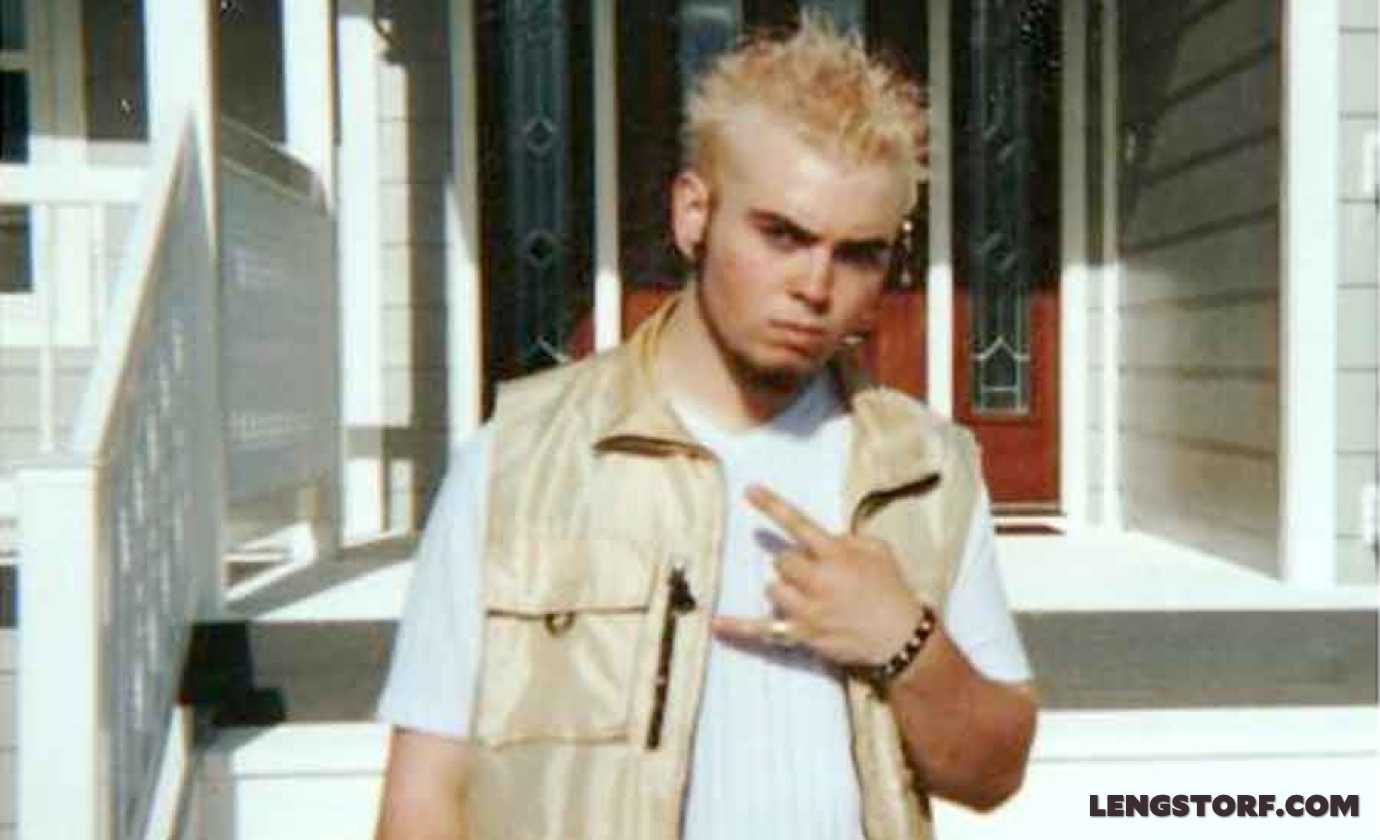
But at the time, my rage felt like my only defense against the countless injustices I was forced to endure1 and the cruelty of a world out to keep me from feeling any real joy.
I was angry because it felt like things were out of my control. I was debris swept away in a flood — a helpless, hapless bystander caught in a cosmic battle that had nothing at all to do with me: the victim of cruel happenstance.
The world was happening to me, and I felt helpless. So of course I was pissed; helplessness has got to be in the Top 5 for Reasons People Get Angry.
Discovering Logical Thought
Somewhere around fifteen or sixteen, my great-aunt sent me a copy of The Fountainhead, which started me down a philosophical rabbit-hole.2 I read Illusions and Zen and the Art of Motorcycle Maintenance. I read generation-defining pop-philosophy in Fight Club and learned about the true nature of not giving a fuck in Factotum and realized I’d never even come close to hitting bottom from Jesus’ Son.
This reading led to questions, which led to deep conversations with a friend, which led to critical3 insights, and — finally — to actual changes in my behavior.
Suddenly, after a few minutes’ logical thought, I realized two things that drastically changed my life:
1. No one is out to get me.
There’s no dark force or diabolical villain working to make my life harder. It was hard to swallow, but I realized that I’m just not that important. In fact, hardly anyone thinks about me at all.
It’s easy to imagine that I have critical importance and will therefore face critical opposition, but that’s an extraordinarily myopic view of things.
The truth is that — while I am the most important person in my world — I barely register in the broader scope of the world.
Probably 95% of the human beings I pass on the street receive zero attention. Of the 5% I do notice, I only notice a single feature (“Cool shoes!” “Nice ass!”) and they’re forgotten the instant they leave my line of sight.
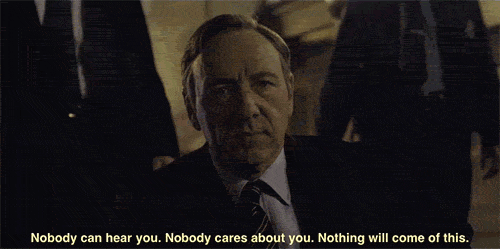
Who am I to think I’m somehow deserving of everyone’s attention when I barely give them any thought at all?
To roughly 7,348,999,994 of the 7,349,000,000 people on the planet, I either don’t exist or don’t matter enough to occupy short-term memory.4
I’m not a target. I’m not being singled out for cruelty.
I’m not a victim.
2. No one is coming to save me.
If my story has no villains, it’s safe to assume there aren’t any heroes, either.
As fate would have it, I’m not a fragile, extraterrestrial secret weapon5 or a severely damaged government experiment on the run — I’m just a person. My interests are all fairly commonplace, my talents are all borderline commodities, and my opinions are the mutant, amalgamated offspring of the opinions of authors and mentors I’ve paid attention to while I’ve been alive.
The only unique thing about me is the precise arrangement of my interests, talents, actions, and opinions. Otherwise, everything I am, do, and believe is more or less standard-issue.
So there’s no need to save me; I’m not vital to the future of our planet. No one is going to “rescue me” from my life. I won’t be discovered in a drug store and propelled to stardom.
I’m on my own.
The Empty Director’s Chair
On its face, this may sound bleak: I’m all alone and no one cares.
But this is actually great news. It was probably the best news I’d ever received as a teenager.
I spent most of my youth terrified of looking foolish. And when I wasn’t worried about looking foolish, I was convinced that I would get in trouble if I made the wrong decision.
When I realized no one gave a shit about me, life became immeasurably easier. I could strip down to one of those novelty thongs where my penis becomes an elephant trunk and sprint through a town hall meeting belting out the latest Taylor Swift single at the top of my lungs and no one would care.
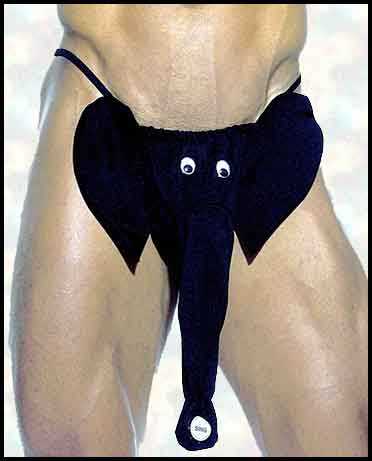
Sure, people would laugh, and someone would definitely put it on YouTube, but no one would really care. I’d be a momentary amusement, and then I’d fade right back into the anonymous social landscape.
This made it far easier to do things that were less ridiculous, like taking a chance on making it as a touring musician, or quitting my full-time job to give freelancing a shot.
My whole life, I’d believed that people were watching me, and that some unseen hand was shoving me along a path I had no control over.
But I was wrong: there was no one making decisions about my life. Except me, I guess — assuming I worked up the guts to make any decisions.
If my life was a movie, up until this point there’d been no director. I’d been carried along by the unstoppable current of time, but uncaptained, rudderless, drifting.
Unless I chose to act heroically, my movie had no hero. No villains unless I acted villainously. Unless I climbed in and took charge, the director’s chair was — and would remain — empty.
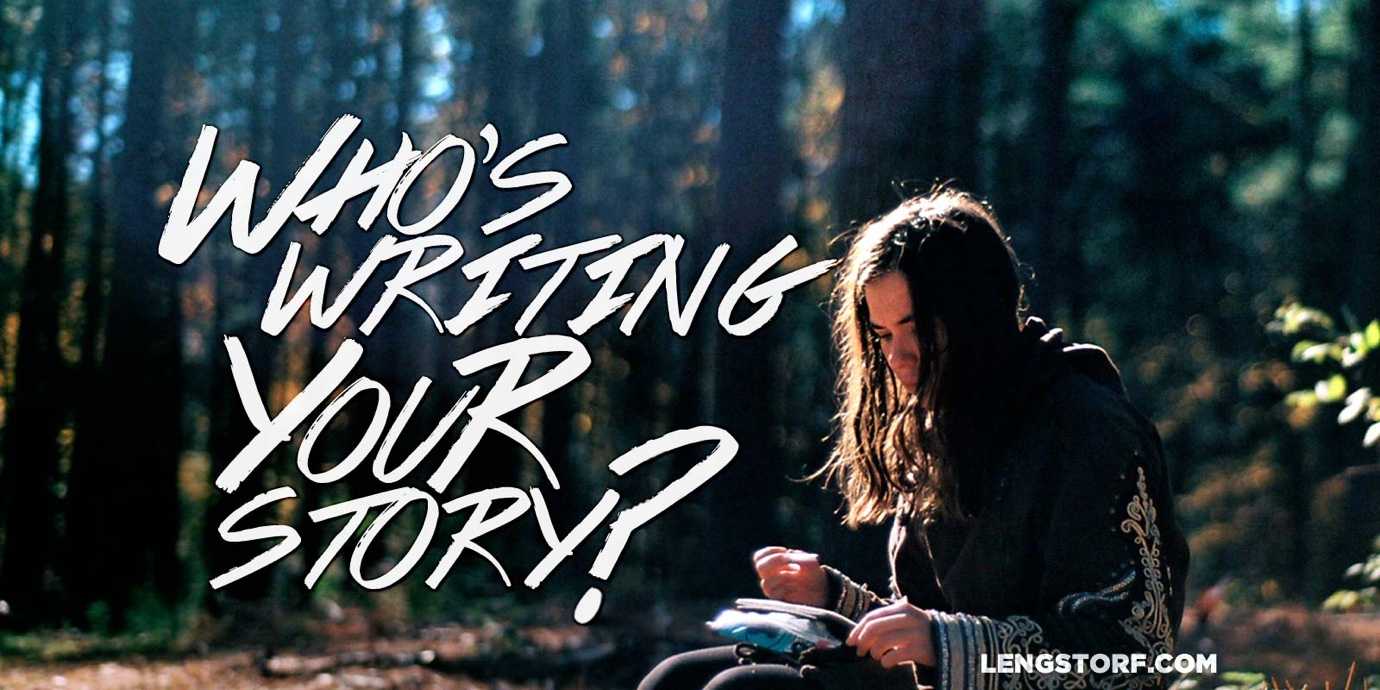
Who’s Writing Your Story?
After I assumed responsibility for my own life, everything changed.
The world didn’t happen to me anymore. I happened to the world.6
I started steering myself away from the things that frustrated and depressed me, and toward things that excited and motivated me. It’s been a long road, and I’m still working on it today. I expect I’ll probably still be working on it when I die.
I started seeing immediate improvement: my life was now my choice, and I didn’t feel like a victim of anything. It wasn’t pleasant to admit that a relationship ended because I acted like a dick, or that a project failed because I let everyone down and slacked, but making my own mistakes was way better than feeling helpless against the whims of a malevolent universe.
Getting in My Own Way
Comfortably at the helm of my personal narrative, I immediately started closing doors and adding restrictions.
What kind of man was I?
I was the type of man who didn’t buy into bullshit corporate puppetry and advertising-driven entertainment.
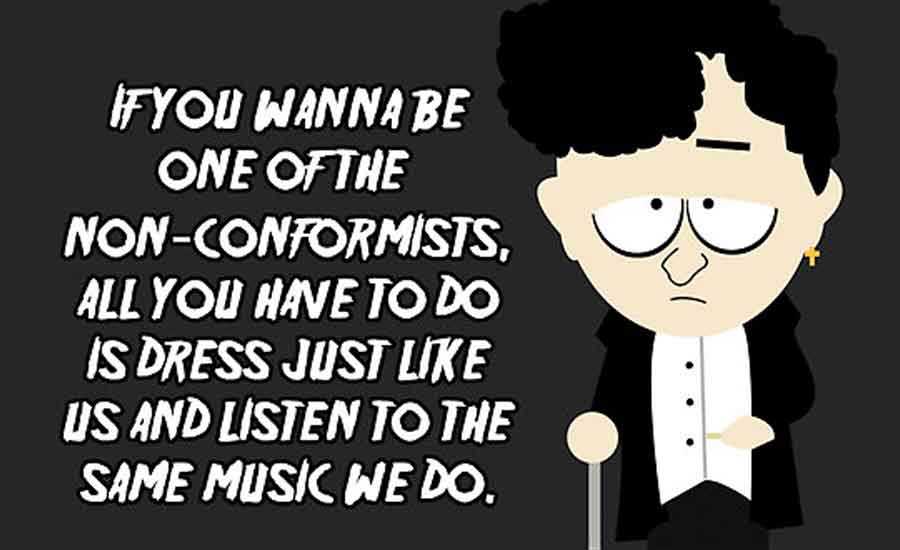
I was the type of man who questioned all authority and made my own path.
I was the type of man who wouldn’t be lumped in with a group or clique.
I, free thinker.
I, beacon of logical reasoning.
I, renegade individualist.
I, prisoner of silly, self-imposed roles.
Who Are You?
When I graduated high school, my parents took my whole family to Florida. It was half-intended as a graduation gift, and half-intended as a long-overdue family vacation. We went to Universal Studios and Disney World. Daytona Beach. Some enormous waterpark I can’t remember the name of.
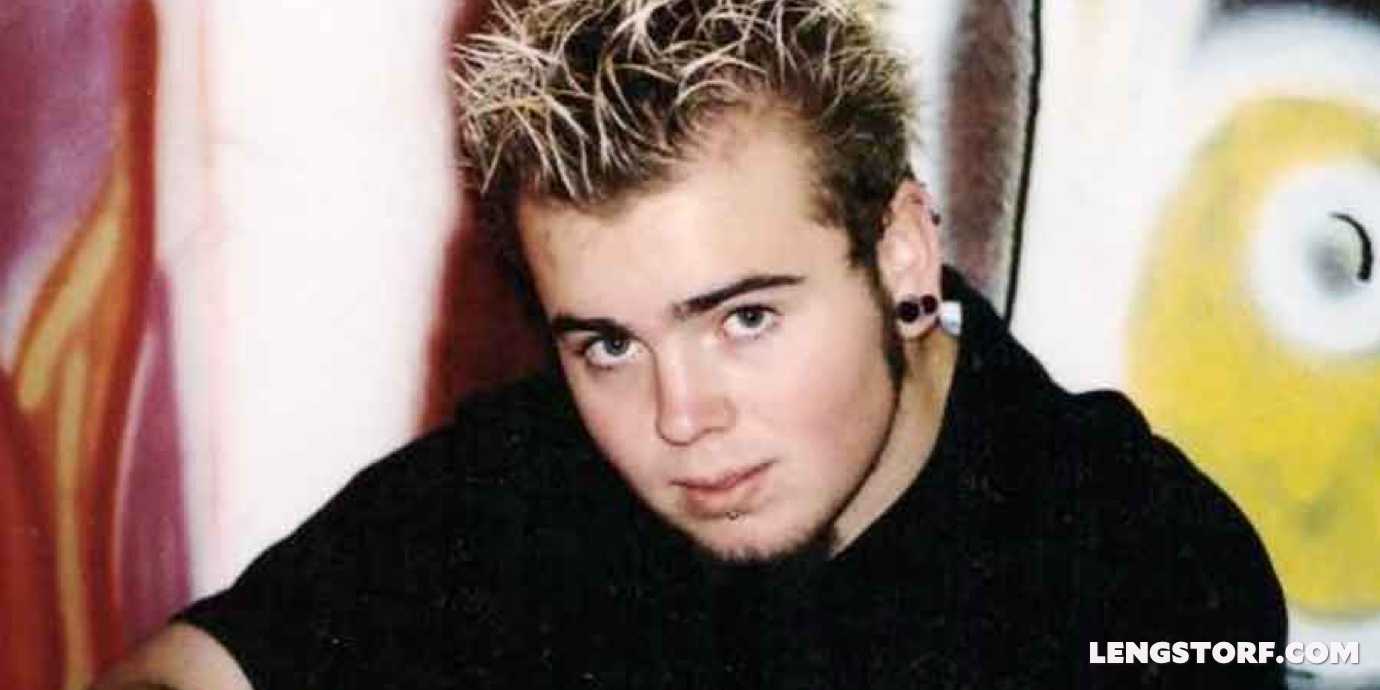
And I — bound by my staunch opposition to corporate profiteering, herd mentality, and enjoying anything popular — made sure I was miserable the whole time.
It was hot and muggy in the way Florida is usually hot and muggy, but I wore long sleeves and black pants the whole time. While my brother and sister carried their tubes to the top of a big-ass whirlpool-looking deathtrap, I sulked in the shade.7
The entire premise of my family’s vacation violated my identity. It was an affront to the core of my being.
Except, of course, that my parents’ choice for a family vacation spot had exactly nothing to do with my identity, and I was really just letting some dude in a Mickey Mouse costume ruin family time simply by standing nearby.
That’s a lot of power to give a stranger wearing a giant rubber head.
The Cages We Build for Ourselves
Brick by brick, I’d built a wall between what was and was not acceptable for Someone Like Me.
Someone Like Me listens to death metal.
Someone Like Me would never shop at Walmart.
Someone Like Me loves Jhonen Vasquez.
Someone Like Me doesn’t love Jhonen Vasquez anymore because Hot Topic started carrying his comics.8
I was proud of the wall at first, because it created a clear separation between “us” (me) and “them” (the sheeple).
Building the wall was my tiny way of asserting a tiny bit of dominance over the tiny shadow I’d cast on the Earth.
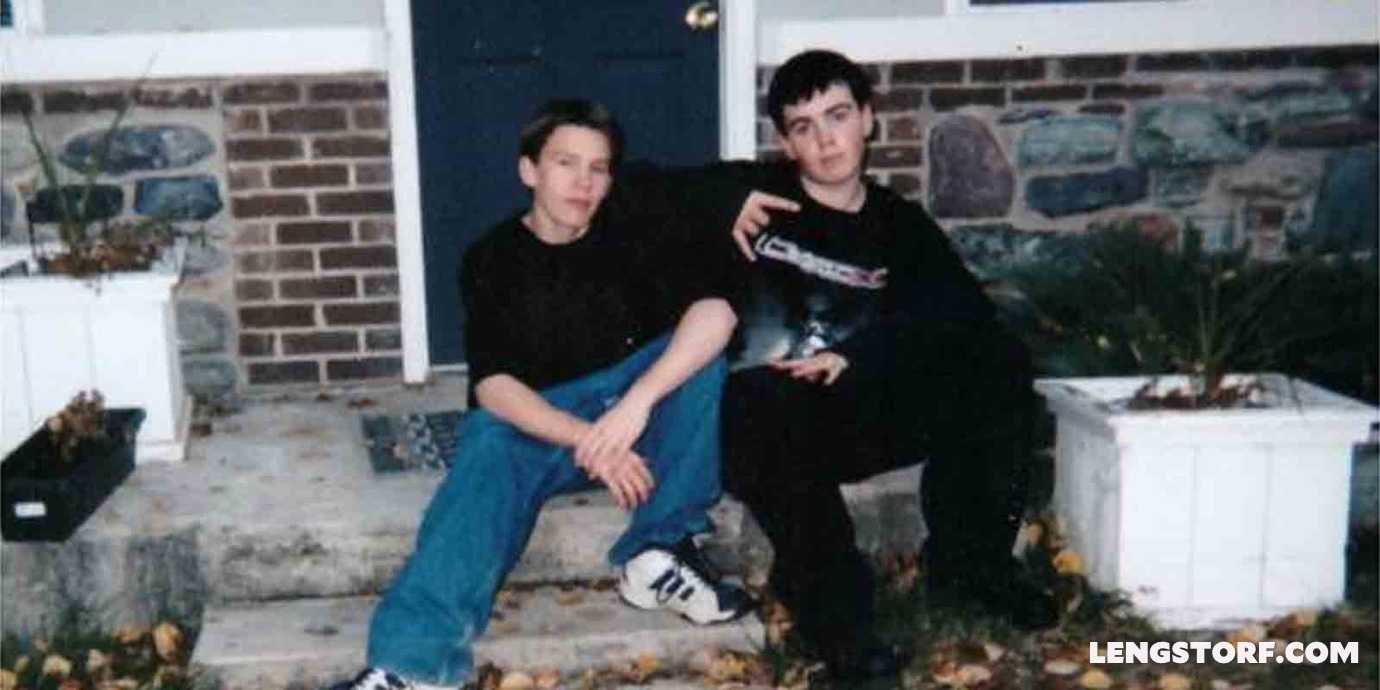
But here’s the thing: a wall is a wall.
Before, I was trapped by the imaginary Malevolent Universe that ensured my life happened to me.
Now, I was trapped by the imaginary Someone Like Me who ensured only a tiny subset of all available choices were ever seriously considered.
The Identity Snowball
When I was born, I was a tiny spark of consciousness.
I had no memories. I knew nothing. All I cared about was whether I was hungry or sleepy.
When something happened, I had no frame of reference. I could only observe, consider it as an isolated event, and make a decision about what that meant to me in that moment.9
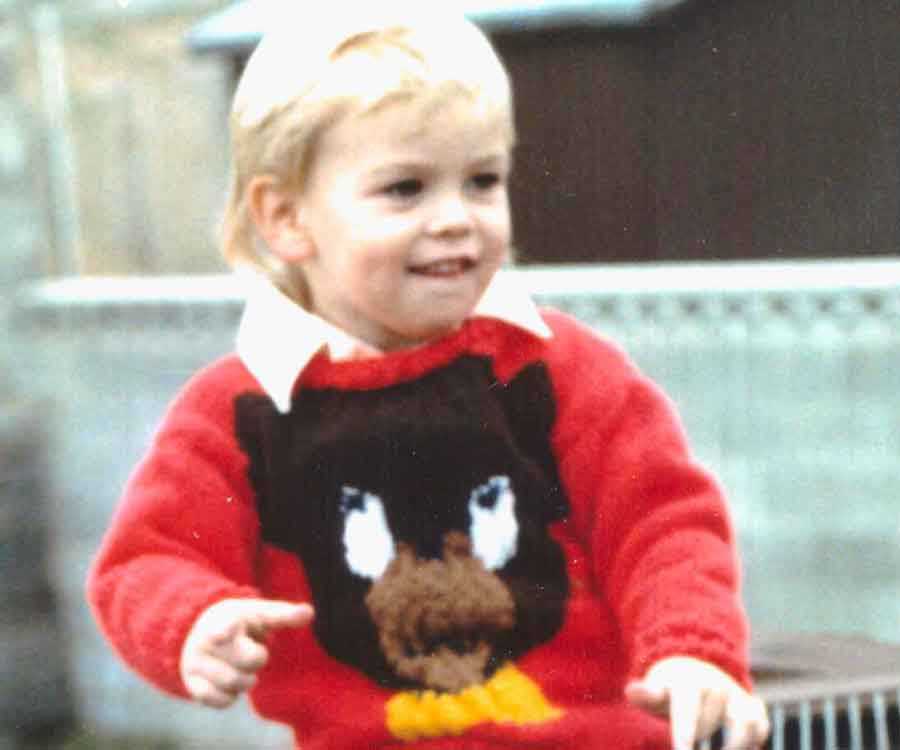
There was no subtext or personal politics. Things were what they appeared to be. How could a thing be more than it is?
As I grew, I learned language and fear and prejudice and opinion from my environment. Cat peed on me when I was four? Now I hate cats. Dog bit me? I’m scared of Dalmatians.
My friends teased me about my Looney Tunes t-shirts, so that stuff was for babies. My mom knew the words to Tubthumping, so it was clearly too mainstream for me to listen to.
The slow accumulation of experiential biases continued until I’d become so mired in my identity that I could no longer see an event as A Thing That Happened; now it was inextricably linked to things I’d seen or heard before, opinions I’d adopted or developed, and my own historical stance on events of this type.
My tiny spark of consciousness had grown into a hulking snowball of opinions and filters and fears and prejudices, and it was growing larger every day. There was no such thing as an isolated incident anymore.
I wasn’t asking myself what I should do in response to an event; I was asking myself what Someone Like Me would do in response to that event.
Yet again, I was out of the director’s chair and letting something else make my decisions for me.
How to Melt the Snowball
At 28, I was invited to try wake surfing.
I’d always hated water: I nearly drowned on multiple occasions10 when I was really young; I had a chip on my shoulder about being too cool for sports (especially water sports); but mostly I was chubby, pasty, and generally uncomfortable in anything but long sleeves and pants.
I made the decision to hate water before I can remember. As a result, I’d spent nearly twenty years flatly refusing any activity involving water because — through the filter of my projected identity: Someone Like Me — water activities were stupid.
So my knee-jerk reaction was to refuse. Someone Like Me wouldn’t do it, so of course I won’t do it.
But then — at the insistence of my then-girlfriend — I started examining that refusal. Did I really dislike water sports, or was it just something I’d told myself years ago and never since questioned? Was I cutting myself off from activities I might really enjoy because of something my idiot teenaged self had decided due to body issues and anti-conformity complexes?
I decided to test it: I’d go wake surfing, and if I hated it, my dislike for water sports was justified.
But if I liked it, I needed to reevaluate my opinions about the world.
Taking Back Control from My Past Selves
Wake surfing was a blast.
I’ve since learned how to surf, snorkel, and kayak.11 Each time, I was participating in water-based activities — the ones I’d always told myself I hated — and each time, I had a blast.
How many other decisions was I letting my pre-teen self make? My teenage self? My twenty-two-year-old post-rockstar-aspirational self?
I had been cheating myself out of dozens — if not hundreds — of experiences because I’d let my unexamined emotional detritus hobble me.
Was I really in control of my life if a fifteen-year-old grudge against water was holding me back from things I truly enjoyed?
I Am What I Am
In the aftermath of the wake surfing incident, I’ve started running all my decisions through a do-I-really-feel-that-way-or-am-I-listening-to-my-idiot-teenaged-self-again filter.
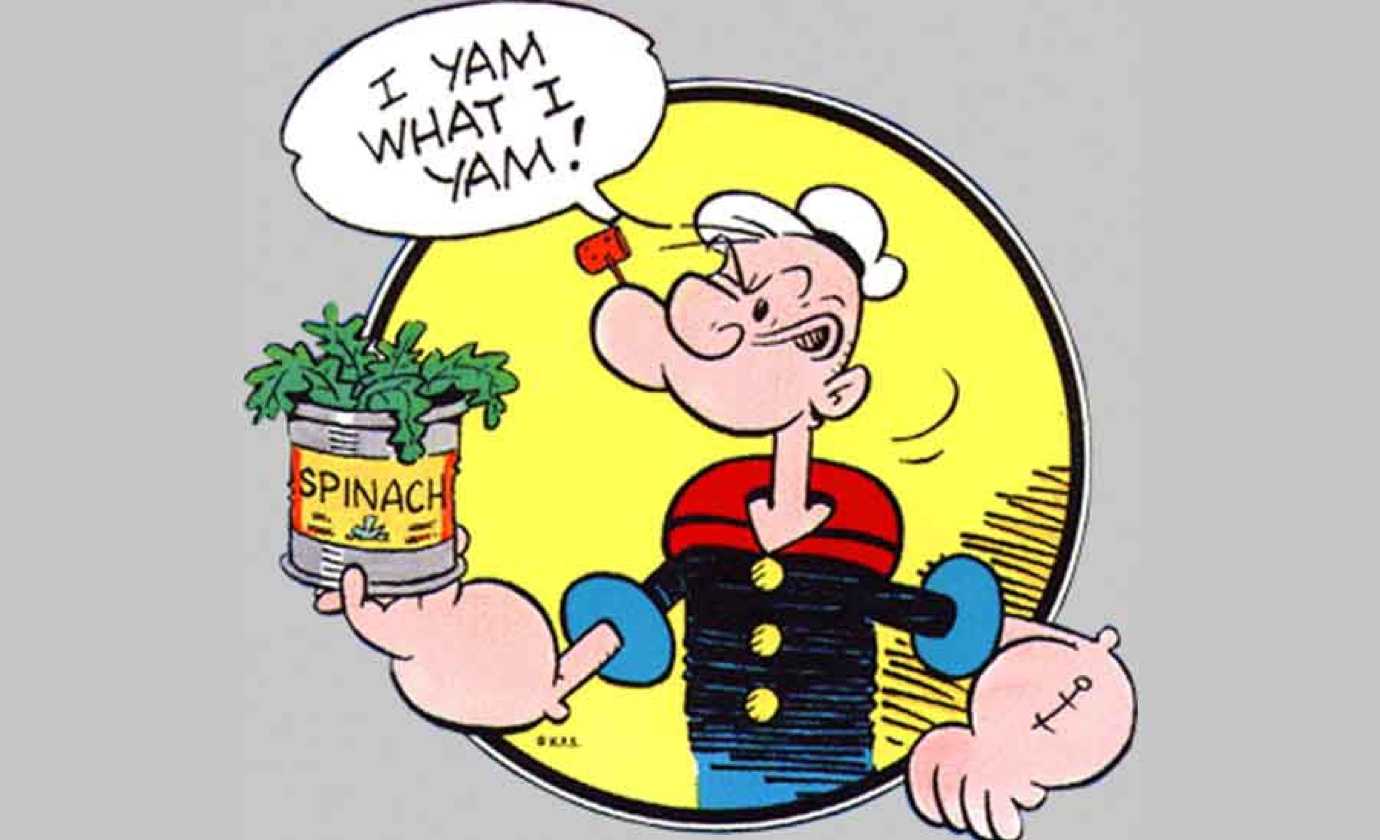
I doubt I catch all of them. Good ideas still snag on my emotional barnacles more often than I’d prefer.
But I’m trying to keep my identity lean and adaptable. I’ve got new Popeye-esque mantra, even:
I am who I am — not who I was — and I’m working to become who I want to be.
So far, at least, I feel happier than I’ve ever felt — and significantly more in-control of my life.
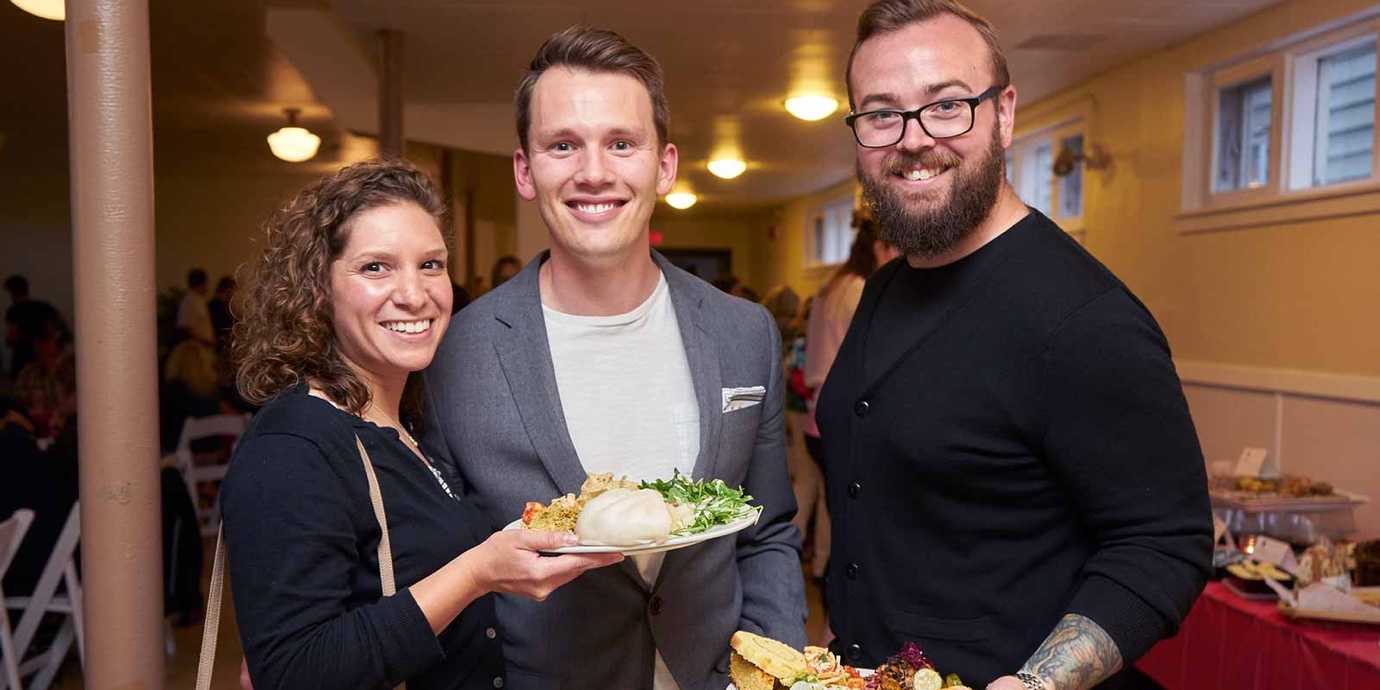
I’m free to become the hero of my story. To take control of my part in its outcome. To try anything that might make me a better person.
Most of all, I’m free to let my past experiences make me lighter — they’re there to show me what I don’t need to carry, after all.
An abridged list of injustices endured by fourteen-year-old Jason Lengstorf:
- A mother who forced the removal of a tongue ring, despite the fact that it cost a week’s pay and several hours of subterfuge in order to get someone to do the piercing in the first place.
- Girls who were mysteriously repelled by the black hair, zipper-and-safety-pin-laden clothing, death metal t-shirts, and generally shitty attitude of a really nice guy (which they’d know, if they would stop being jerks and overlook all that so they could get to know him).
- Internet commenters who couldn’t seem to grasp that the Insane Clown Posse is just terrible, despite mountains of empirical evidence. Also, why were those idiot juggalos on the Eminem fan forum, anyways? Fucking magnets, right?
Yes, I’ve read Ayn Rand. Yes, the books made me think and influenced me in certain ways. No, I don’t want to hang out, Glenn Beck.
There were also non-critical insights: I realized that I was smarter than everyone else on the planet; I solved all the world’s problems (short version: “Everyone should just think and act exactly like me.”); I discovered rhetoric’s more sinister uses and brutally terrorized my less-eloquent teachers.
The six people I’m pretty sure think about me regularly: me, Marisa, Nate, my parents, and Nadia (whose job involves making sure I’m still alive and accomplishing things).
Leeloo Dallas mul-ti-pass.
No matter how I try to say this, it feels cheesy. I feel like some doofy motivational speaker trying to pump up an audience whenever I share this idea. But shifting that power dynamic changed everything in my life, so fuck it: call me Zig.
I was probably doing something totally unique, like writing emo lyrics or reading Chuck Palahniuk.
When I got a JtHM tattoo at seventeen, I never imagined the sort of people who would — in their thirties — recognize and start a conversation with me because of said tattoo. I imagine it feels the same for people who got Disturbed tattoos.
Or maybe not. Maybe they’re stoked about the folks still down with the sickness twenty years later.
My go-to responses were “crying” and “not crying”.
Turns out it’s bad news to be both A) recklessly inclined to jump into large bodies of water and B) the opposite of buoyant.
I say “learned” loosely. I stood up on a surfboard a couple times, figured out that a snorkel is not a giant straw for drinking ocean water quickly, and dumped a kayak in the shallows while an older couple looked on and laughed.
What to do next.
As adults, we’re supposed to build careers, build relationships, build futures, build happiness… It’s all pretty overwhelming. It’s easy to feel stuck — like we’re on autopilot, punching a clock, and buried in tasks we don’t really care about.
Wouldn’t it be nice to get some balance back? To have extra time every day to dedicate to the things that actually matter to you?
I want to help: I’ve compiled 5 Habits of the Unfuckwithably Productive, and I want to give it to you for free. These are time-tested habits that helped me break the cycle of overwork and exhaustion; this is how I spend less than 40 hours a week on the computer — while making a living and traveling the world.